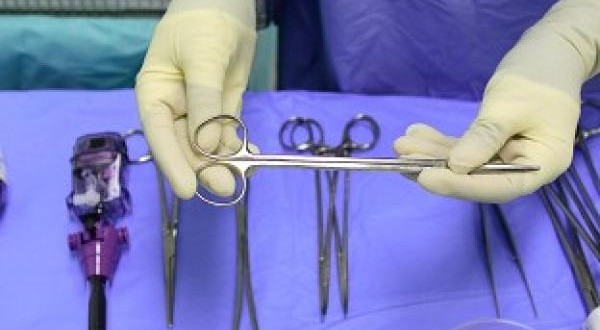Two-thirds of the world’s population have no access to safe and affordable surgery, according to a new study in The Lancet – more than double the number in previous estimates.
Just under a third of all deaths in 2010 (32.9 percent, 16.9 million deaths) were from conditions treatable with surgery – well surpassing the number of deaths from HIV / AIDS, TB, and malaria combined. Yet, despite this enormous burden of death and illness -which is largely borne by the world’s poorest people – surgery has, until now, been overlooked as a critical need for the health of the world’s population. As a result, untreated surgical conditions have exerted substantial but largely unrecognized negative effects on human health, welfare, and economic development.
Lead author Lars Hagander from Lund University said that the problem for people dying from common, treatable surgical conditions, such as appendicitis, obstructed labour, and fractures, was especially acute in the low- and middle-income countries of eastern, western and central sub-Saharan Africa, and South and Southeast Asia.
Another of the Commission’s lead authors, Andy Leather, said that in the absence of surgical care, common, easily treatable illnesses become fatal, and hence, the global community couldn not continue to ignore this problem.
Despite the overwhelming magnitude of the problem, the Commission estimates that the countries where access to surgery is weakest could be scaled up to acceptable, and achievable, levels of access to surgery by 2030 with an investment of US 420 billion dollars, a cost far outweighed by the devastating economic cost to countries, communities, and families incurred by the current global shortfall in access to surgery.
This highly cost-effective investment in surgery needs to be accompanied by sustainable financing mechanisms across the health care system, say the authors, and a firm commitment to universal health coverage.
Professor John Meara, Kletjian, another lead author added that there was a pervasive misconception that the costs of providing safe and accessible surgery put it beyond the reach of any but the richest countries. However, their work clearly showed that not only were the costs of providing these essential services lower than might have been thought, but that scale-up of surgical and anaesthesia care should be viewed as a highly-cost-effective investment, rather than a cost.
Agencies/Canadajournal
 Canada Journal – News of the World Articles and videos to bring you the biggest Canadian news stories from across the country every day
Canada Journal – News of the World Articles and videos to bring you the biggest Canadian news stories from across the country every day



